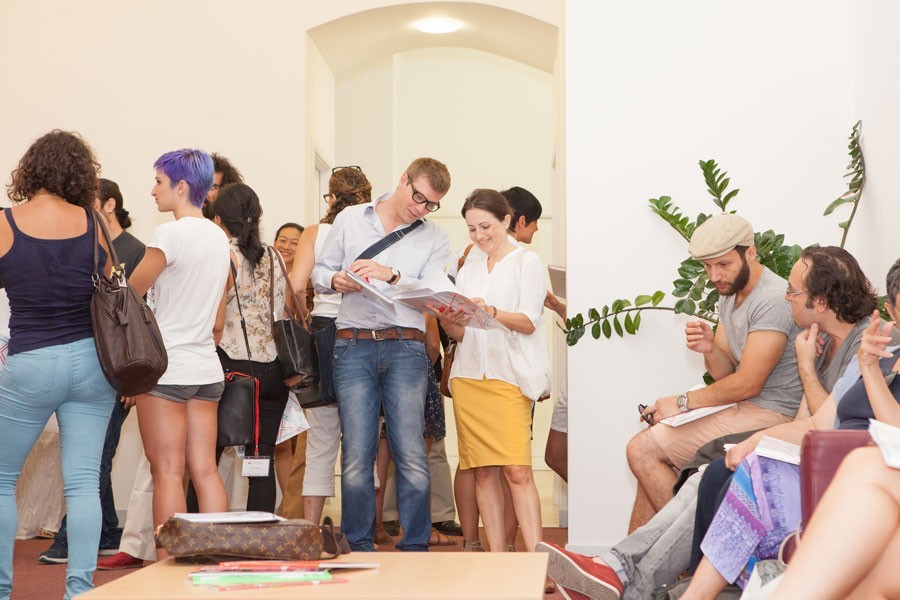The Valletta 2018 Foundation recently started a five-year research study to evaluate and monitor the European Capital of Culture (ECoC) project in Malta. The process combines both quantitative and qualitative approaches to collect data that will be communicated to the general public and interested stakeholders. This research will provide feedback to help fine-tune or correct the Foundation’s operations. The process aims to provide a local model for research in culture and the creative sector in order to encourage more cultural research after 2018.
Through consistent, accessible, and comparable research the study has five main categories. The cultural and territorial vibrancy research theme will evaluate the success of the Valletta 2018 cultural programme and Euro-Med collaborations.
The governance and finance topic aims to understand the investment and management in Valletta 2018 and the related impact on Malta’s creative sector. The community inclusion and space topic assesses the impact of Valletta 2018 cultural and infrastructural regeneration on various community groups. The tourist experience sector aims to evaluate the changes in visitor profile, tourist expenditure and visitor perception as a result of Valletta 2018. With the final theme being the Valletta brand itself, the brand will be studied to evaluate how well, or not, the Foundation is communicating with its stakeholders, and
the public perception’s to Valletta 2018.
The Valletta 2018 Foundation sees this research as essential to successfully implement ECoC in Malta. A Steering Committee has been set up comprising a number of Government of Malta entities and up-and-coming researchers who will be responsible for carrying out research structured around the five key thematic areas outlined above. The Foundation wants to promote a sense of collaboration between different entities and sharing resources. The baseline studies will be carried out throughout 2015, with research continuing until 2019. The research outcomes will be communicated on a regular basis. •
www.valletta2018.org






Comments are closed for this article!